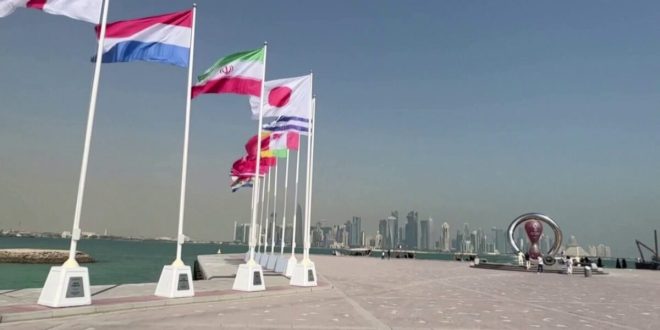AT News
KABUL – As the highly anticipated Doha meeting on Afghanistan approaches, there is a growing sense of hope for the initiation of a political process that could usher in a new era of inclusivity in the country’s governance. Graeme Smith, an expert at the International Crisis Group, acknowledges the optimism but warns that the United Nations may encounter resistance from the Taliban in its political initiative, potentially prolonging the political aspects for years.
With just two weeks to go, the United Nations Secretary-General’s assembly aims to appoint a special envoy for Afghanistan which will be a linchpin for inclusive peace talks. The special envoy’s primary goal will be to facilitate comprehensive peace talks involving all stakeholders, including the Taliban.
Ferydon Sinerlioglu, the United Nations special coordinator, is expected to advocate for Western donors to shift their focus to short-term humanitarian aid for Afghanistan during the Doha meeting, while also pushing for crucial political dialogues. However, the Taliban’s opposition to the appointment of a special envoy poses a potential obstacle to the envisioned political process.
Despite the hopeful outlook, Smith suggests that the selection of a candidate for this challenging role will be a matter of extensive discussion among senior representatives. He emphasizes the difficulty of the task and anticipates that Afghanistan’s journey to becoming a full member of the international community will be a lengthy process.
The Taliban’s Acting Minister of Foreign Affairs has sought further clarification on the Doha meeting’s agenda and composition, linking the group’s participation to these details. Nasrullah Stanakzai, a former university professor, foresees challenges as the Taliban, China, Russia, and Iran express opposition to the appointment of a UN special envoy.
Simultaneously, the Taliban’s political commission is deliberating the February 18th and 19th meeting in Doha. The group has made it clear that if a special envoy is appointed, they will not cooperate with the UN process, rejecting discussions on political transformation, including women’s participation and other factions.
Scheduled in accordance with the United Nations Security Council’s December resolution and independent evaluation, the Doha meeting will be convened by the Secretary-General with special representatives from various countries and regional organizations. Invitations have been extended to both the Taliban and Afghan civil society, although the Taliban’s participation and the composition of their delegation remain uncertain.
 Afghanistan Times
Afghanistan Times




